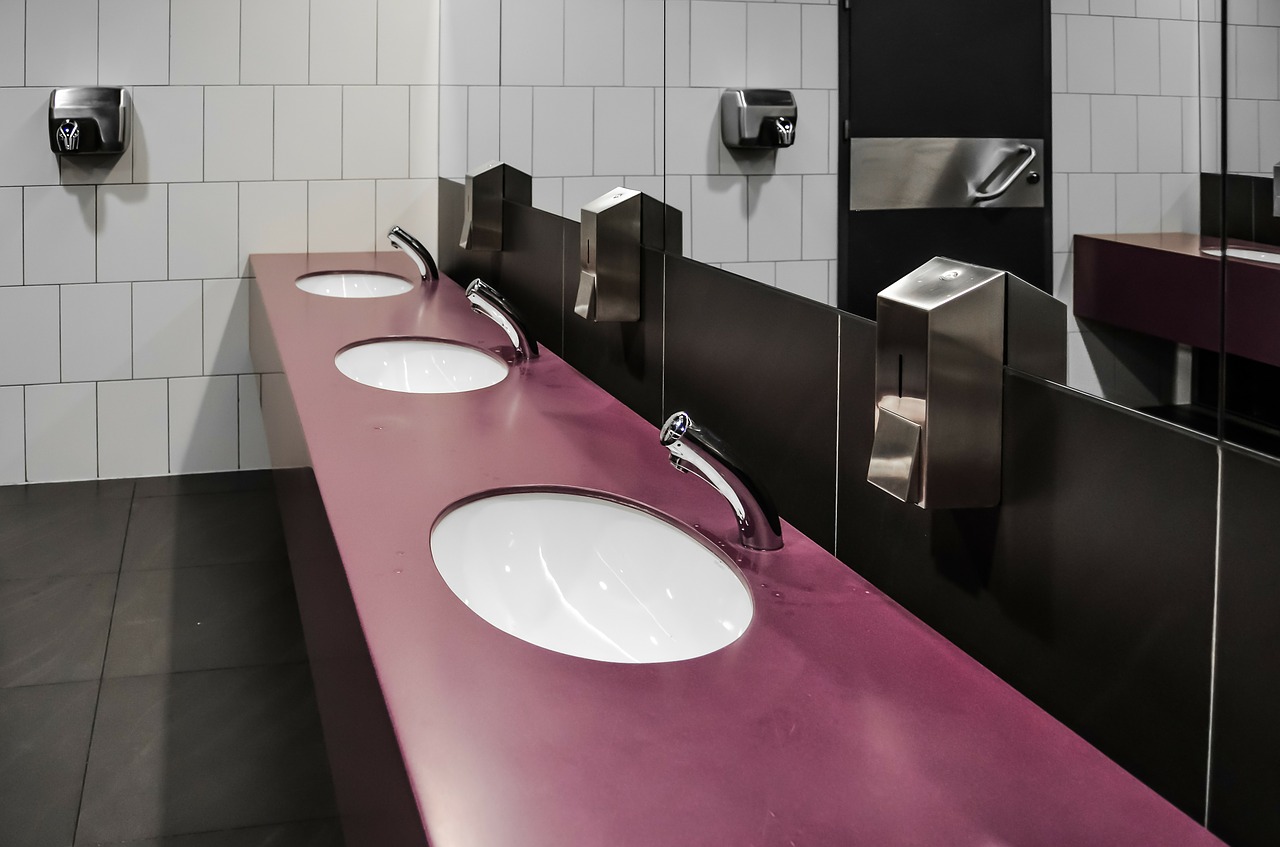The hot air hand dryers people use in public bathrooms may not be the best way to clean hands, researchers say.
A team from the University of Connecticut Health and Quinnipiac University introduced bacteria plates into 36 men and women’s restrooms at an academic health center, and exposed these culture plates to the air coming out of hot air driers for around 30 seconds, Forbes reports.
After the exposure, there was an average of 18 to 60 colonies of bacteria that grew per plate, including colonies that cause diseases in people. This is an alarming number, compared to an average of one or less colonies per plate when exposed to bathroom air for two minutes without the hand dryers.
Placing high efficiency particulate air filters into the hand dryers did some good in reducing the amount of bacteria by four times, but the filters did not remove all of the bacteria that could cause diseases.
There have been previous studies that showed similar results. Two years ago, researchers found that the following bacteria blew out of the air of fifteen air dryers: taphylococcus haemolyticus, Micrococcus luteus, Pseudomonas alcaligenes, Bacillus cereus and Brevundimonad diminuta/vesicularis.
Another study covered participants’ hands with lactobacilli to simulate the conditions of poorly washed, contaminated hands, and had the participants use either a jet air dryer, a warm air dryer, or paper towels. Using the jet dryer spewed 4.5 times more bacteria into the air compared to a warm air dryer, and 27 times more bacteria compared to using paper towels.
Another study showed that hand dryers can actually dispel viruses up to around three meters away.
While not all microbes being ejected by these dryers are dangerous, there is the possibility that the dryers are acting as bacteria dispensers – an irony considering that good hand hygiene is one of the best way to prevent the spread of infectious diseases.
The study was published in Applied and Environmental Microbiology.
























